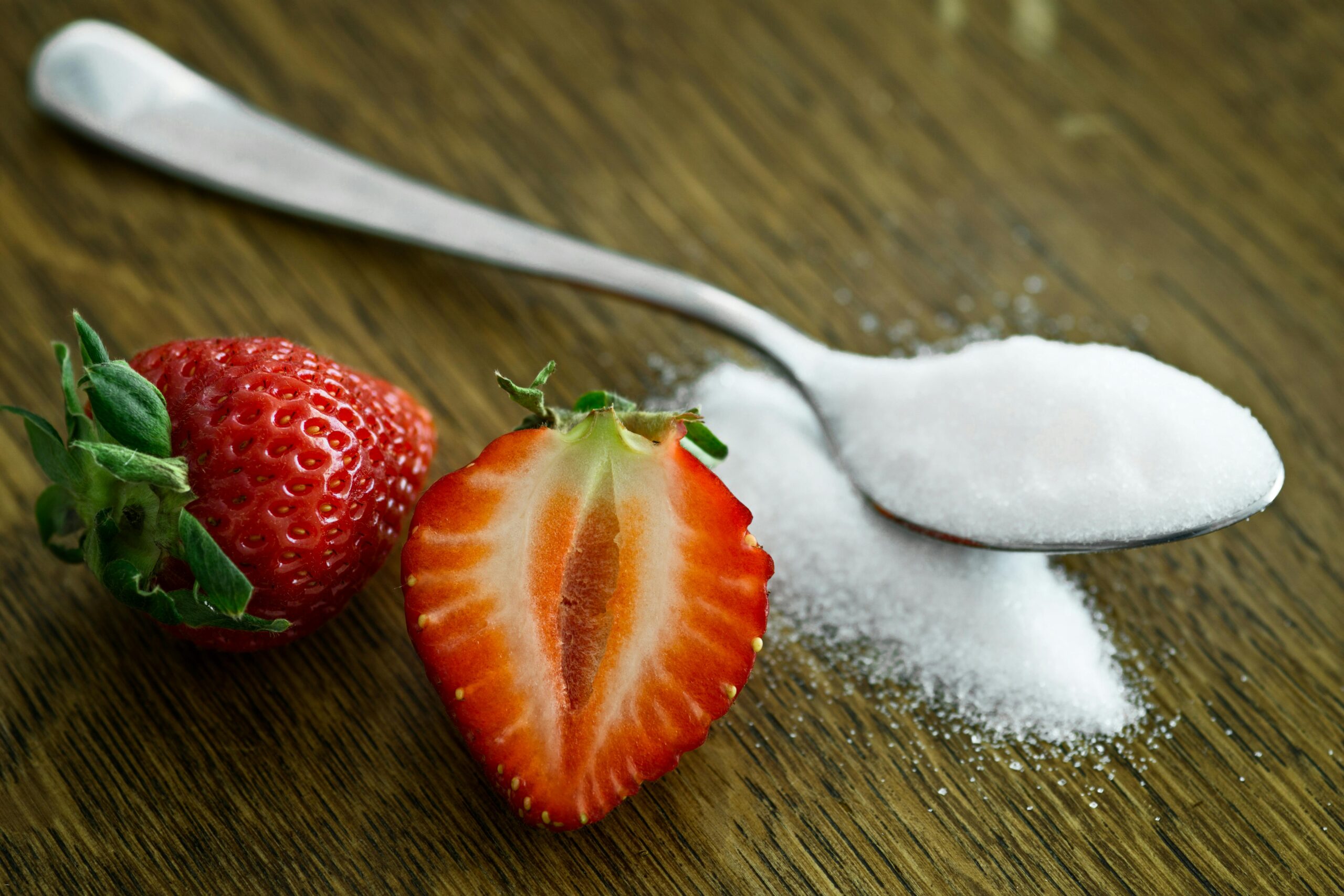Sugar-free sweeteners, including artificial and non-nutritive options, have gained popularity as alternatives to sugar in various food and beverage products. While they are often marketed for their potential benefits, such as weight management and blood sugar control, recent research has raised questions about their long-term health effects. This report summarizes key findings from studies on sugar-free sweeteners, focusing on their impact on health, metabolism, and consumer behavior.
Health Effects of Sugar-Free Sweeteners
- Metabolic Impact
Research has indicated that certain artificial sweeteners may disrupt gut microbiota, potentially leading to metabolic issues. A study by Suez et al. (2014) found that the consumption of artificial sweeteners altered the gut microbiome in mice, resulting in glucose intolerance. This raises concerns about the long-term effects of these sweeteners on metabolic health in humans. - Weight Management
While sugar-free sweeteners are often used as weight-loss aids, studies have shown mixed results regarding their effectiveness. Pepino et al. (2013) found that the consumption of artificial sweeteners did not significantly reduce overall calorie intake and could lead to increased cravings for sweet foods. This suggests that reliance on these sweeteners may not be a sustainable strategy for weight management. - Cardiovascular Health
Recent studies have highlighted potential cardiovascular risks associated with certain sweeteners. A study published in Nature Medicine linked elevated levels of erythritol, a common artificial sweetener, to an increased risk of heart attack and stroke (Xie et al., 2023). Other research has also suggested a possible connection between artificial sweetener consumption and heart disease (Malik et al., 2019). - Diabetes and Blood Sugar Control
Sugar-free sweeteners are frequently used by individuals with diabetes to enjoy sweet flavors without affecting blood sugar levels. However, some studies have raised concerns about their long-term effects on insulin sensitivity and glucose metabolism. Fowler et al. (2016) found that certain sweeteners might not provide the expected benefits for blood sugar control, warranting further investigation. - Cancer Risk
The potential link between artificial sweeteners and cancer has been a topic of ongoing debate. While some animal studies have suggested a possible connection, large-scale human studies have generally found no significant association between artificial sweetener consumption and cancer risk (Schernhammer et al., 2006). This indicates that more research is needed to clarify any potential risks. - Consumer Behavior
Research has also examined how the use of sugar-free sweeteners affects consumer behavior. Drewnowski et al. (2012) found that individuals consuming sweeteners may compensate for the calories saved by eating more calories from other sources, potentially undermining weight management efforts. This highlights the complexity of dietary choices and the need for mindful consumption.
Here’s a list of healthy alternatives to sugar and artificial sweeteners:
Healthy Sugar Alternatives
- Honey: A natural sweetener with antioxidants and antibacterial properties. Use in moderation due to its high calorie content.
- Maple Syrup: Contains minerals and antioxidants. It has a lower glycemic index than regular sugar.
- Agave Nectar: Sweeter than sugar, it has a lower glycemic index but should be used sparingly due to high fructose content.
- Coconut Sugar: Made from the sap of coconut palms, it contains trace nutrients and has a lower glycemic index than regular sugar.
- Stevia: A natural, zero-calorie sweetener derived from the leaves of the Stevia plant. It does not affect blood sugar levels.
- Monk Fruit Sweetener: A natural sweetener derived from monk fruit, it contains zero calories and is much sweeter than sugar.
- Date Sugar: Made from ground dried dates, it retains the fiber and nutrients of the fruit, making it a healthier option.
- Brown Rice Syrup: A sweetener made from brown rice that has a mild flavor and is less sweet than sugar.
- Molasses: A byproduct of sugar production, it is rich in vitamins and minerals, including iron and calcium.
- Fruit Purees: Unsweetened applesauce, mashed bananas, or pureed dates can be used to add natural sweetness and moisture to recipes.
Tips for Using Alternatives
- Moderation: Even natural sweeteners can contribute to calorie intake, so use them in moderation.
- Flavor Adjustments: Some alternatives may have distinct flavors that can alter the taste of recipes, so adjust accordingly.
- Nutritional Benefits: Choose alternatives that offer additional nutrients or health benefits over regular sugar.
These alternatives can help satisfy your sweet tooth while providing healthier options for your diet.
While sugar-free sweeteners offer a low-calorie alternative to sugar, ongoing research continues to investigate their long-term health effects and implications for diet and health. The mixed findings regarding their impact on metabolism, weight management, cardiovascular health, and consumer behavior suggest that individuals should approach their use with caution. Further studies are necessary to fully understand the potential risks and benefits associated with sugar-free sweeteners.
Citations
- Drewnowski, A., Almiron-Roig, E., & Almiron-Roig, E. (2012). Human perceptions and preferences for sweetness. Physiology & Behavior, 107(4), 509-516.
- Fowler, S. P., et al. (2016). Artificial sweeteners and glucose metabolism: a review. Diabetes Care, 39(3), 529-536.
- Malik, V. S., et al. (2019). Artificially sweetened beverages and the risk of cardiovascular disease: a systematic review and meta-analysis. Circulation, 139(18), 2113-2124.
- Schernhammer, E. S., et al. (2006). Sugar-sweetened and artificially sweetened beverages and the risk of pancreatic cancer in the Singapore Chinese Health Study. Cancer Epidemiology, Biomarkers & Prevention, 15(8), 1455-1460.
- Suez, J., et al. (2014). Artificial sweeteners induce glucose intolerance by altering the gut microbiota. Nature, 514(7521), 181-186.
- Xie, C., et al. (2023). Erythritol and cardiovascular risk: a study of blood levels and cardiovascular events. Nature Medicine. Retrieved from Nature Medicine.








Leave a Reply